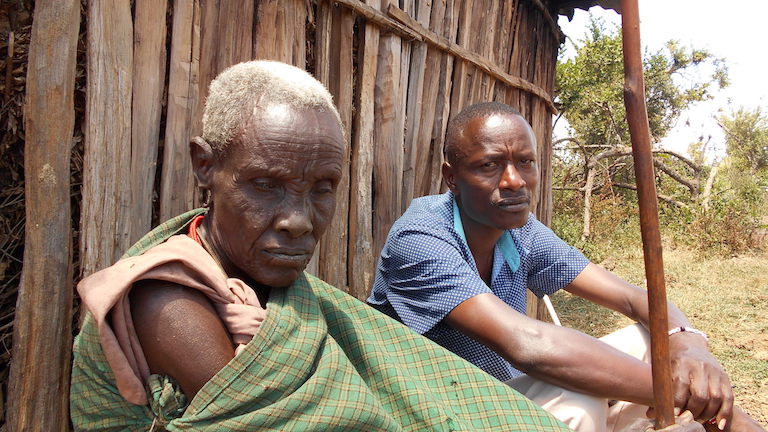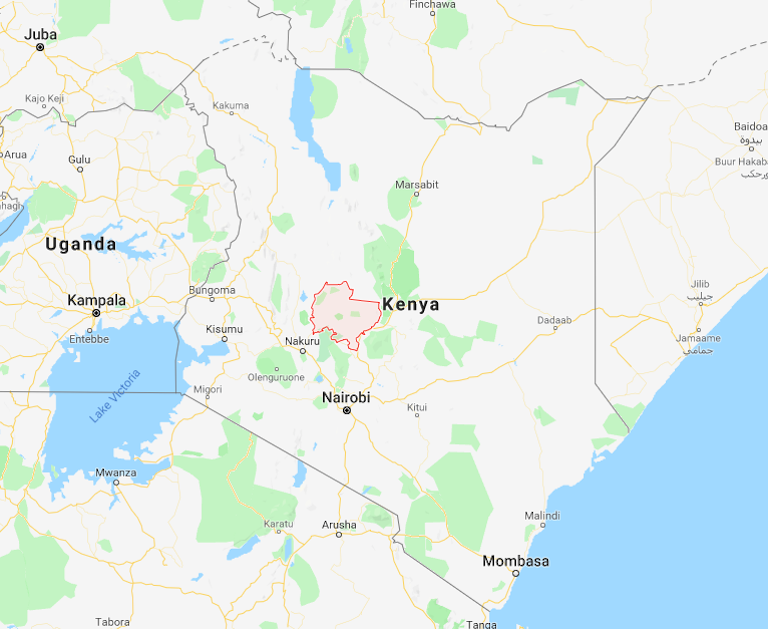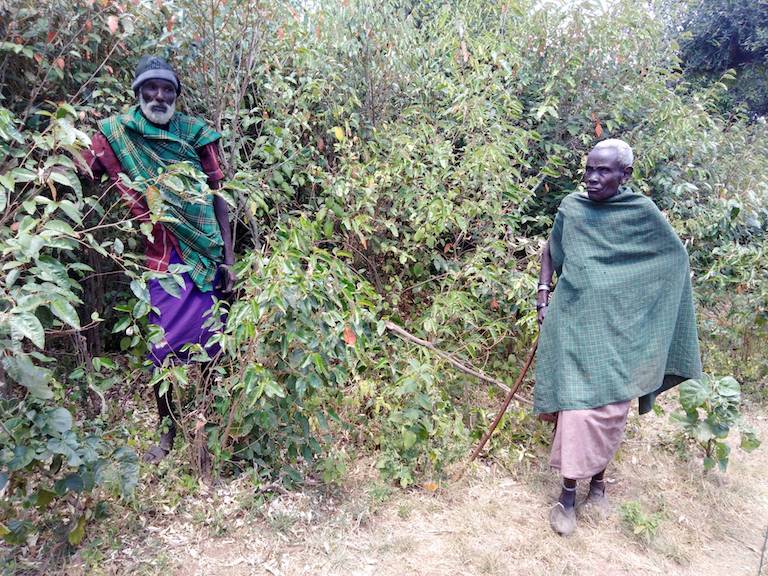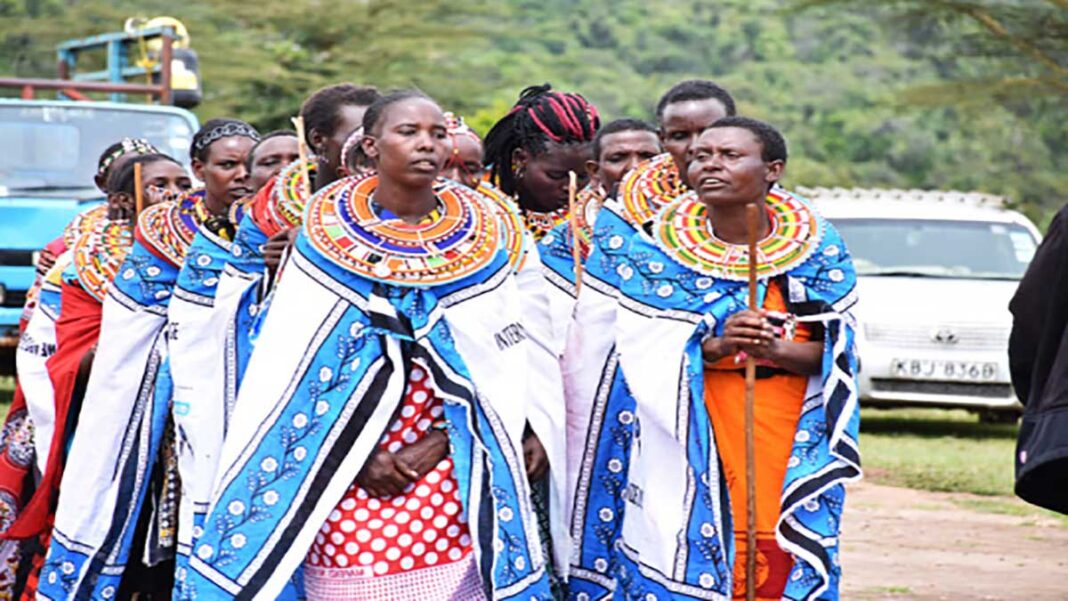Yiaku, is a people said to have lived in southern Ethiopia and central Kenya areas, probably through the 18th century. Today’s Yiakunte is the language they spoke.When they first arrived in their place of origin, the Yiaku assimilated a hunter-gathering community, which they called Mukogodo, and the Mukogodo adopted the Yiakunte language. Nevertheless, a food-producing community later assimilated the Yaaku and they lost their way of life.
Mukogodo Forest is a dry forest area of 302 square kilometers (117 square miles) situated at the foot of Mount Kenya in the central part of the country, 210 kilometers (130 miles) northeast of Nairobi.
The rolling hills blanketed in native trees are home to 45 species of mammals, including endangered elephants, buffaloes and leopards, as well as some 200 species of birds and 100 species of butterflies.
The Mukogodo, who retained their own hunter-gathering way of life, kept the Yiakunte language alive for some time, but later submerged themselves in Maasai culture and embraced the Maa language and way of life.The dialect of Yiakunte is facing extinction today, but is undergoing a process of revival.
Currently, the words Yiaku and Mukogodo (sometimes Mukogodo Maasai) are used to refer to a community living west of Mount Kenya in Mukogodo forest.

They met a people who mostly lived by hunting and gathering when the Yiaku community first entered the territory they were going to occupy.
However, through residence, they distinguished themselves from this population.
The Yiaku came to call them Mukogodo, a name that means people living in Yiakunte’s rocks.
For centuries, the people of Yiaku have been living and watching over Mukogodo Forest as hunter-gatherers who have recently embraced herding. But the Kenyan government has officially granted them rights to the forest and full responsibility for managing it only in the past decade.
Mukogodo is the only forest under the sole custody of an indigenous community within Kenya’s 372 gazetted forests.
According to officials, the forest has thrived under the care of the Yiaku, a sharp contrast to the country’s other forests, which are lost due to illegal logging and agricultural encroachment.



The Kenyan government, which has a very mixed record in protecting forests and the rights of forest-indigenous groups, is hailing Yiaku’s approach as a model for other communities across the country.Nevertheless, the Yiaku community face a series of challenges, including cases of drought & famine, neighboring community threats of encroachment, and their own dwindling relation to their traditional culture.
The community’s approach to forest conservation includes a strong system of governance combined with traditional religious values that emphasize concern for the environment on which their livelihoods depend.
MongoBay
The Yiaku have cut off illegal loggers and poachers, and under their protection, forest cover has increased, in sharp contrast to other forests in the country that are lost due to illegal logging and agricultural invasion.

